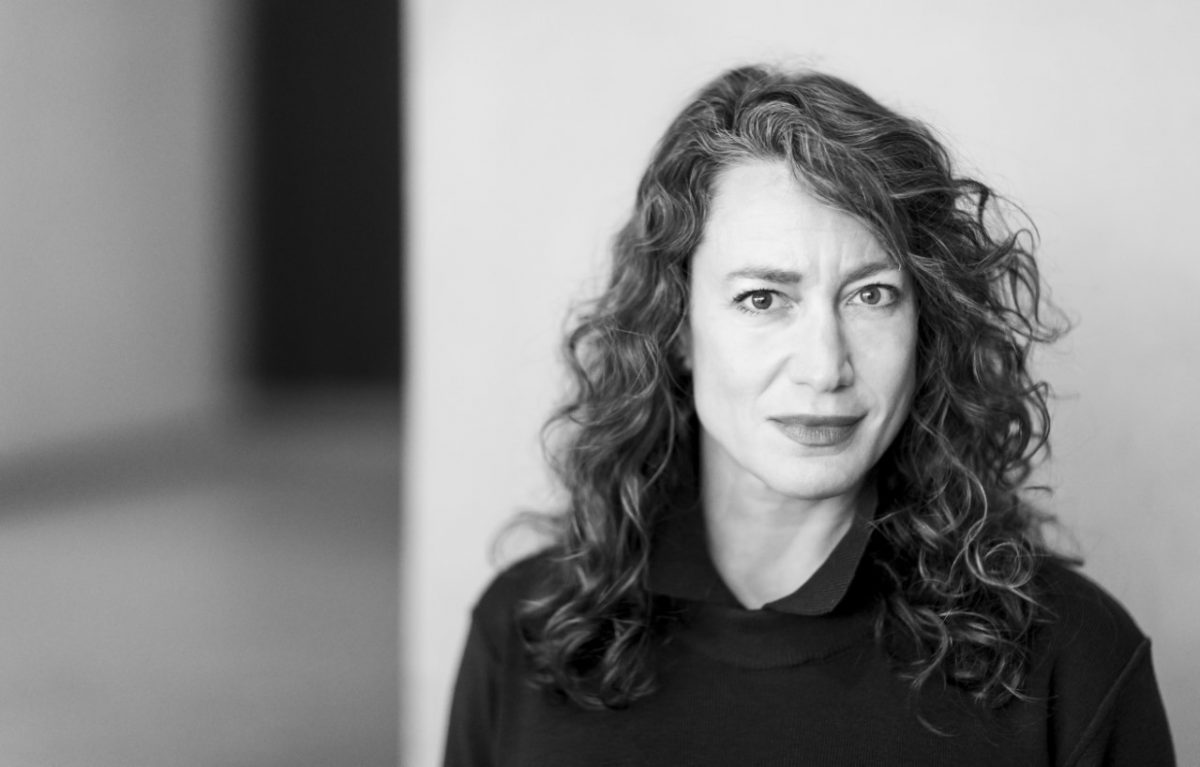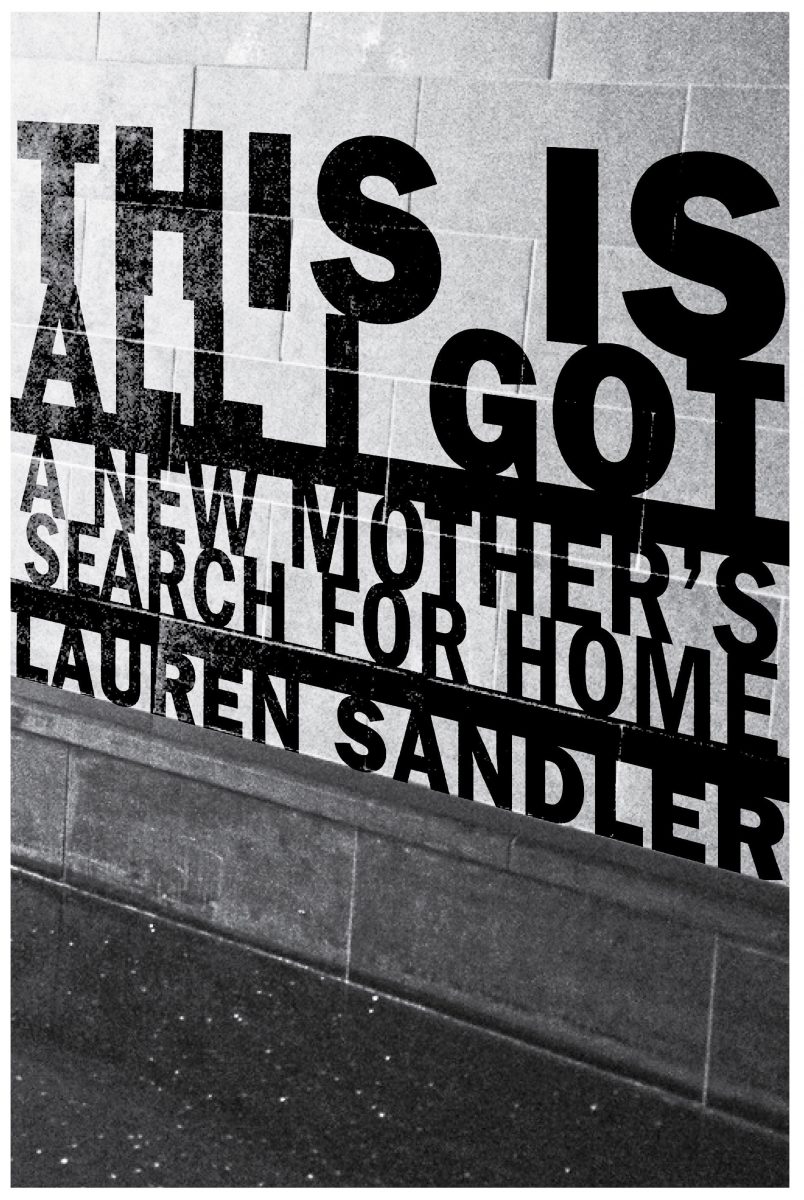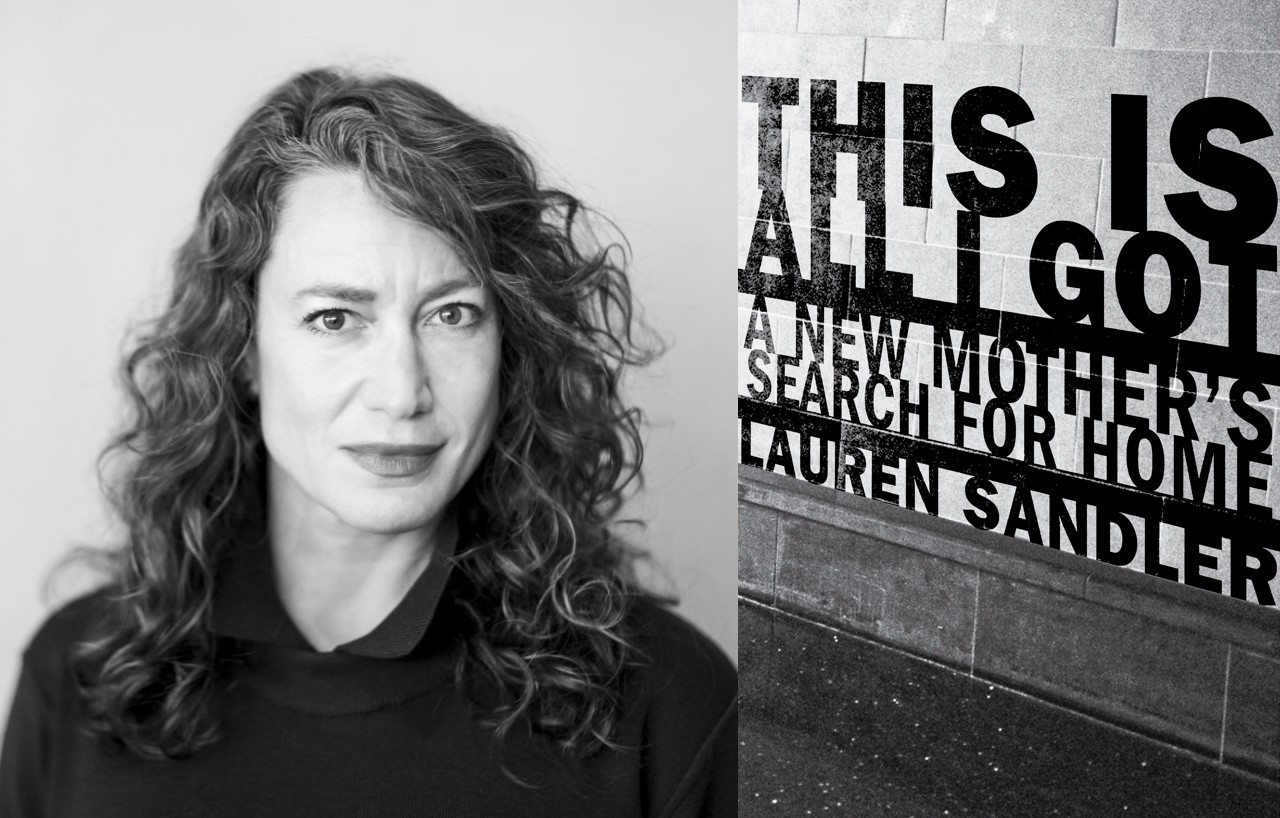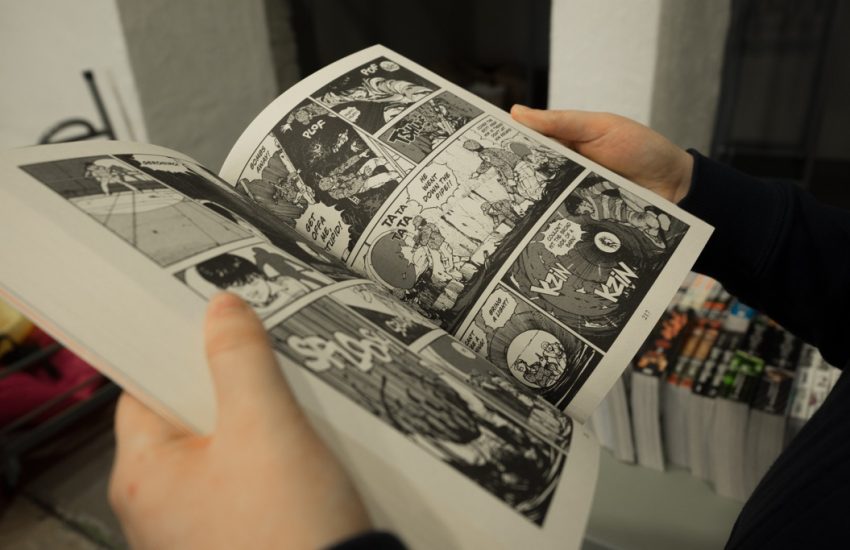Lauren Sandler on the ethics of human-interest reporting
Brooklyn-based award-winning journalist and author Lauren Sandler has spent her career considering the ethical implications of human-interest reporting and how to navigate this often tricky corner of the journalism world. Sandler’s new bestselling book, “This Is All I Got: A New Mother’s Search for Home,” is a nonfiction account of a young, single, homeless mother trying to find stability in New York City and the journalist who struggles with ethical boundaries as she gets too close while covering the story.
Sandler spoke to students virtually on Oct. 7 at “Pizza, Press & Politics,” a weekly speaker series at the Northeastern University School of Journalism.
“I did a thing which is increasingly uncommon — this sort of old school, immersion reporting,” explained Sandler. “The sort when one embeds with a protagonist and spends an enormous amount of time in a social world and in another person’s life so that a story about life can be told.”

Sandler had worked for years to be able to write this kind of story. “I became a writer to write books that felt like nonfiction novels,” she explained.
Sandler cited Alex Kotlowitz’s 1992 biography “There Are No Children Here” and Adrian LeBlanc’s 2003 narrative nonfiction book “Random Family” as inspirations for her new book, especially in terms of their narrative approach to nonfiction storytelling.
“I tend to be very led by what I feel most angry and upset about in the world,” said Sandler. Living in New York, Sandler witnesses homelessness and poverty constantly.
Before writing her latest book, Sandler considered the implications of her privilege and status as an affluent white woman and whether she had the right to tell the story of a young, single, homeless mother. Ultimately, Sandler decided that she must use her privilege and influence to tell these stories and to tell them as accurately as possible. “I write about those issues because my privilege obligates me to,” explained Sandler.

She noted how her friendship with “Camila,” a pseudonym used for the young mother, grew as they spent more time together. As they eventually became significant parts of each others’ social lives, it became difficult for Sandler to resist trying to advise or assist Camila. Scrutinized by her peers, breaching journalistic ethics was often on Sandler’s mind. This ethical dilemma was something that also threatened their friendship at times.
In college, Camila was an intelligent criminal justice student and was often praised by her professors and social workers. Still, she found herself in a shelter — pregnant and about to give birth. “It felt like if she couldn’t make it work, I couldn’t imagine who could,” said Sandler. “It’s really just about the brutality of our world.”
“What people want from a book like this is solutions. I don’t want to give solutions,” Sandler said. She explained that the majority of the discourse around poverty tends to be in terms of data. “We [rarely] get the thing that literature gives us, which is the magic of stepping into another person’s experience. This is what life is like for hundreds of thousands of people and we pretend like it isn’t. And it’s getting worse and worse.”
She commented on how people often mistake sympathy for empathy, and how pity can maintain the distance between people and issues. “What I wanted to do was say, ‘No, you’re going to sit down and live through this, and then try to tell me that you’re just going to block it out and not [care] about how people live in this world,’” said Sandler. “That to me isn’t the same as empathy. It’s a little more in-your-face than that.”
“In order to move the needle, we need to get into people’s hearts,” explained Sandler.
- Lauren Sandler on the ethics of human-interest reporting - November 1, 2021





